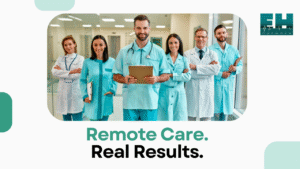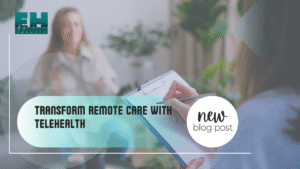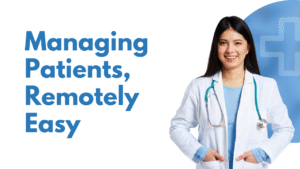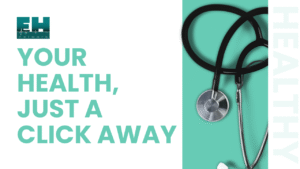Healthcare is evolving fast in today’s digital world. From virtual consultations to mobile health monitoring, patients are embracing eHealth services for convenience, speed, and efficiency. But with this digital shift comes a critical need: tech support that understands both technology and healthcare.
That’s where the eHealth help desk steps in.
If it’s helping patients manage a telemedicine platform, troubleshoot login issues, or access their digital health records, an efficient help desk is central to a seamless ehealthcare consulting experience. In this blog, we’ll explore how these services work, the benefits they offer, and how patients and providers alike can make the most of them.
The Role of the eHealth Help Desk in Modern Healthcare
The eHealth help desk is the frontline support system for patients using digital health platforms. Unlike generic IT support, it blends technical expertise with medical sensitivity to offer support that’s fast, accurate, and secure.
Key responsibilities include:
- Helping users access ehealth medical portals
- Troubleshooting telehealth session errors
- Ensuring patients understand how to use wearables or apps
- Managing account setup, password resets, and security verification
- Supporting providers with backend technical issues
This combination of tech support and healthcare literacy makes the help desk an indispensable part of ehealthcare consulting.
Why a Dedicated eHealth Services Help Desk Matters
Many patients, especially older adults or those new to digital tools may struggle to navigate eHealth platforms. If the tech doesn’t work, their access to medical care is disrupted.
Here’s why a specialized help desk is essential:
- Patient Empowerment:
Support staff can walk users through each step, reducing anxiety and promoting digital independence. - Faster Resolutions:
Dedicated help desk teams understand the tools inside and out, solving problems quickly without long wait times. - Improved Continuity of Care:
When patients can connect with their providers without tech interruptions, treatment plans proceed without delays. - 24/7 Availability:
Many help desks offer round-the-clock assistance, particularly valuable for urgent care or remote time zones.
How eHealth Help Desks Support Providers
It’s not just patients who benefit. Healthcare providers also rely on eHealth support services for:
- Integration of EHR systems with telehealth platforms
- Real-time troubleshooting during virtual appointments
- HIPAA-compliant guidance on patient data protection
- Software training and onboarding for new digital tools
By reducing the burden on in house staff, the help desk lets providers focus more on care and less on tech glitches.
Key Features of an Effective eHealth services Help Desk On ehealth Services
To truly support both patients and providers, an eHealth help desk should include:
- Multilingual Support: For diverse populations
- Omnichannel Access: Phone, chat, email, and app-based help
- Knowledgeable Staff: Trained in healthcare compliance and patient privacy
- Proactive Monitoring: Alerts and resolutions before issues arise
- Analytics Tools: To track support metrics and user feedback
Real-Life Scenario: When the Help Desk Makes All the Difference
Imagine a patient in a rural area trying to join a virtual appointment with a specialist hundreds of miles away. A slow connection and unfamiliar login process almost cause them to miss the consult.
The eHealth help desk steps in, talks them through the connection setup, verifies their identity securely, and ensures the doctor-patient interaction proceeds, saving time, reducing stress, and maintaining continuity of care.
The Future of eHealth Support
As healthcare continues to go digital, the importance of eHealth help desks will only grow. With innovations like AI triaging, chatbot-first interactions, and patient self-service portals, help desk support is evolving into a powerful layer of modern healthcare infrastructure.
Integrating ehealthcare consulting with robust tech support creates a more resilient, inclusive, and accessible health system for everyone.
Conclusion
The eHealth help desk isn’t just a tech support line—it’s a critical enabler of modern medicine. By supporting patients and providers through every digital touchpoint, it ensures that healthcare technology truly works for people.
Want to improve patient support in your digital health services? Explore expert ehealthcare consulting and help desk solutions designed for today’s connected care environment. Visit E-Health Network to learn more






